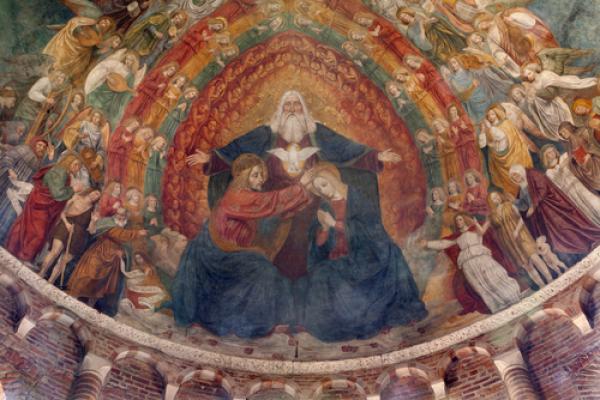"God doesn't just hate what you do. God hates who you are." — A Well-Known Contemporary Preacher
What this pastor says above, as well as much of what he says in the sermon from which this line is taken, comes from reading the Bible as if every sentence in it can and should be read as bearing the same weight as all others when we answer the question: "Who is God?"
When we read the Bible with the first Christians we begin to understand that the way they read these texts is not the way an uber-rationalist modern reads them.
Since Jesus himself was the one who taught the apostles to read the Old Testament, the way the churches they founded read the Bible is important for us, too.
God never was only the words he utters, or the ones we utter about God — just like we are never the sum total of everything we have spoken or what has been spoken of us. There is so much more to the mystery of any person than mere words; how much more so the mystery of the divine persons.
Read the Full Article

